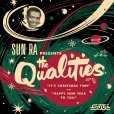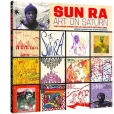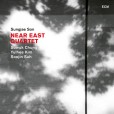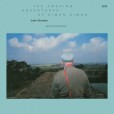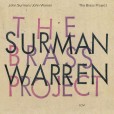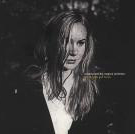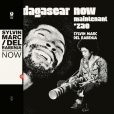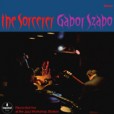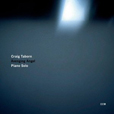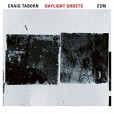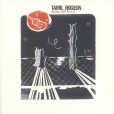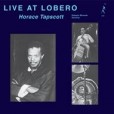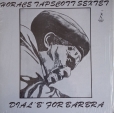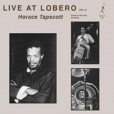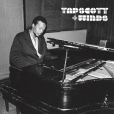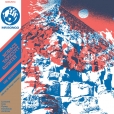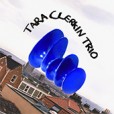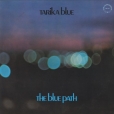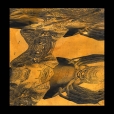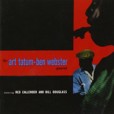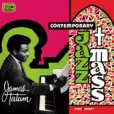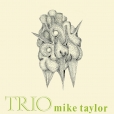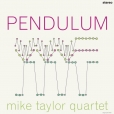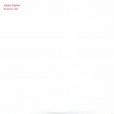Your basket is empty

Likely recorded in Chicago around 1956; originally released on Saturn. Ra is co-composer of both sides; it could be him playing the harmonium.
‘I had two main vocal groups at the time,’ Ra once recalled. ‘One was called the Cosmic Echoes. And the Cosmic Rays, too. It was around the same time that John Gilmore joined the band. I saw the possibility that they could be really great so I began to coach them; they were connected with a barber shop, but I taught them other things.’ ‘We’d go down to the barber shops and rehearse some groups,’ added John Gilmore. ‘Sun Ra had them singin’ some beautiful stuff. I think he probably was saving them from themselves. He heard them, heard their potential, snatched them off the street, and started making them do something constructive.’
Searching amalgamations of contemporary jazz, traditional Korean music and pure sound. Group founders saxophonist/clarinettist Sungjae Son and guitarist Suwuk Chung are joined by pansori singer Yulhee Kim and drummer Soojin Suh, in five originals and three traditional pieces.
Her debut, with Jolene — finally on vinyl.
These two sharpened their musical skills in the celebrated seja-jazz band from La Réunion, Le Club Rythmique. In 1967 Sylvin Marc put out a terrific funk 45, saturated in James Brown. Later, he would play bass for Nina Simone on her album Fodder On My Wings, whilst Del Rabenja would work with Manu Dibango.
In these 1972 recordings for Jef Gilson’s Palme label, they are joined by their Madagascan compatriots Ange Japhet, Gérard Rakotoarivony and Frank Raholison — comprising the same group of five which lights up Funny Funky Rib Crib by Byard Lancaster and Soul Of Africa by Hal Singer & Jef Gilson.
The first side showcases the valiha harp-playing of Del Rabenja: three excursions in tribute to the great Rakotozafy, hypnotic and full of spirituality. The second side presents four compositions by Marc — free, grooving and cosmic.
‘Verve By Request.’
Engrossing, luminous, abstract pianism from Evan Parker, Roscoe Mitchell cohort.
“I didn’t want to make a bebop record. I wanted to make a modal jazz record and there just aren’t that many on viola. I wanted to speak with a heavier voice, more akin to a tenor saxophone. The viola is darker and thicker. It speaks slower.”
‘Love that, kind of Miguel Atwood-Ferguson, big orchestrations with really low down dirty jazz music” (Gilles Peterson).
With bassist Roberto Miranda and drummer Sonship in 1981.
Featuring a tremendous, side-long reading of Dark Tree.
Sparse, contemplative, classy, playful, deep jazz, recorded in 1983, with the focus on Tapscott’s brilliant piano-playing, accompanied by Aubrey Hart and Kafi Roberts on flute and saxophone. All-analogue; cut directly from the original master tapes. Tip-on sleeve.
Recorded in 1969 to follow up the classic The Giant Is Awakened LP, but never released; now sensationally sprung from the Flying Dutchman archives.
‘World Peace starts with a neo-baroque melody, leading to an eruption in sound, then ends as it began. The beautiful Your Child is the jewel in the crown, skirting modal, deep jazz and introducing elements of free jazz. Opening with bowed bass and piano, For Fats takes you on a journey, dropping into dark, stormy melodies, and developing a driving energy as it progresses.’
Tapscott is joined by the same personnel as Giant: Arthur Blythe, Everett Brown, David Bryant and Walter Savage. Produced by the legendary Bob Thiele.
Feeling, story-telling, ranging music-making by Tara Clerkin, Sunny-Joe Paradisos and Patrick Benjamin from Bristol, where they’ve been collaborating for around a decade.
Thumbs up from The Wire: ‘Drifting from dubby minimalism to smudged acid jazz, Tara’s stark and tuneful voice acts as the vehicle for her concise poetic lyricism. The group coalesce disparate influences into a cohesive sound, reflecting a romantic view of a familiar world.’
Check it out.
Outstanding, spiritualised jazz-funk; keenly focussed but free and warm; steeped in post-bop and wide-open to r&b; somewhere between Lonnie Liston Smith’s Cosmic Echoes and Roy Ayers’ Ubiquity. Plenty here for dancers, chin-strokers and dreamers all.
The personnel discloses generous musical co-ordinates… Marvin Blackman from the Rashied Ali Quartet is here, and Ryo Kawasaki. James Mason and Justo Almario were later collaborators. Just a couple of years before this, Tarika Blue leader Phil Clendeninn was playing in a New York funk outfit alongside Nile Rodgers and Bernard Edwards…
‘Recorded at home in 2012, early acoustic guitar improv performances from the Bhutanese expat, who’d come to Asheville, NC to study in 2000 and discovered worlds of anarcho-punk and avant garde such as he’d only dreamed. Having made recordings of his newly-located improvisational conception, he intuited a desire to go deeper in his explorations of the recorded sound of the guitar, melding and colliding traditional music with his feeling for the range of textures within.’
This debut solo recording of the Hot Chip is a scrapbook of fifteen songs and instrumentals, made in planes, hotel rooms and at home, with bags of charm and inventiveness.
